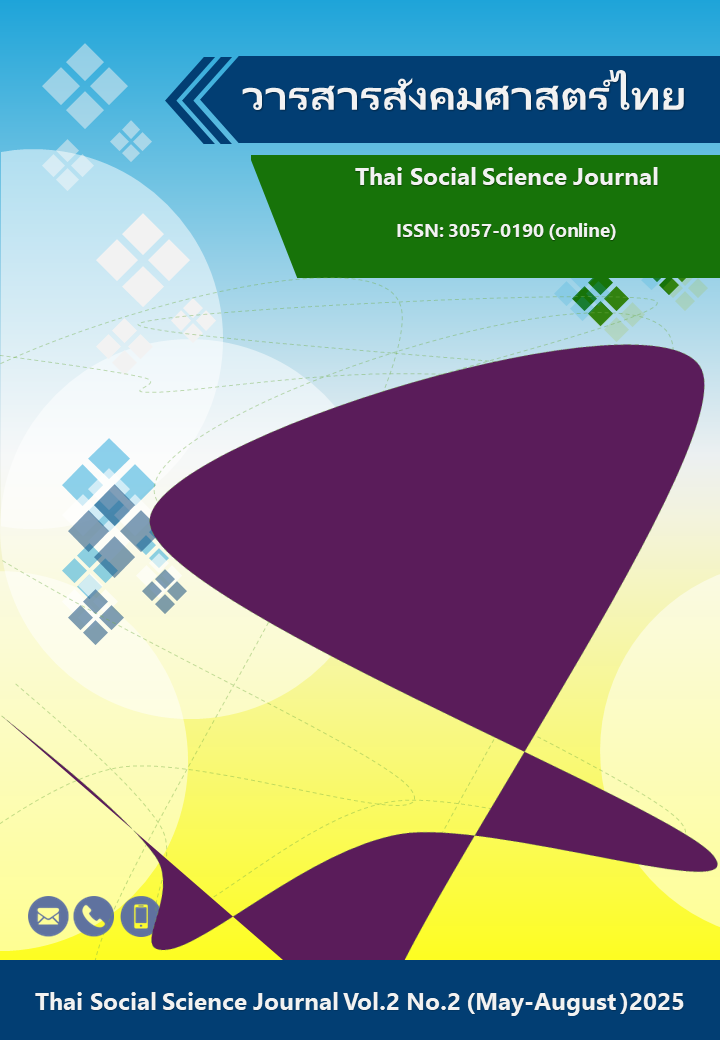The Impact of Call Center Gangs on Thailand's Economy: Financial Losses and Psychological Damage
Main Article Content
Abstract
The issue of scams by call center gangs in Thailand has become a widespread social problem that significantly impacts both the financial and psychological well-being of the public. These call center gangs employ various deceptive strategies, such as impersonating bank officials or government agencies, in order to convince victims to disclose personal information or transfer money to their accounts. This not only affects individuals but also impacts the country's economy and undermines public trust in the financial system. The financial consequences of these scams are severe, with victims losing large sums of money, sometimes causing significant financial hardship. Such losses not only affect individuals but also disrupt the circulation of money within the country's economy. Additionally, businesses and public confidence in the financial system are also affected, especially among victims who become anxious about their financial safety. Beyond the financial losses, the psychological impact of being scammed cannot be overlooked. Victims often experience stress, anxiety, and a sense of betrayal from trusting fraudulent individuals or organizations. The loss of trust in people and systems they once relied on creates a sense of suspicion and insecurity. Addressing this issue requires collaboration between the government and private sectors to educate the public about how to prevent falling victim to call center scams. This can be achieved through training programs or awareness campaigns, as well as improvements to the laws and stronger enforcement to combat phone scams.
Article Details

This work is licensed under a Creative Commons Attribution-NonCommercial-NoDerivatives 4.0 International License.


